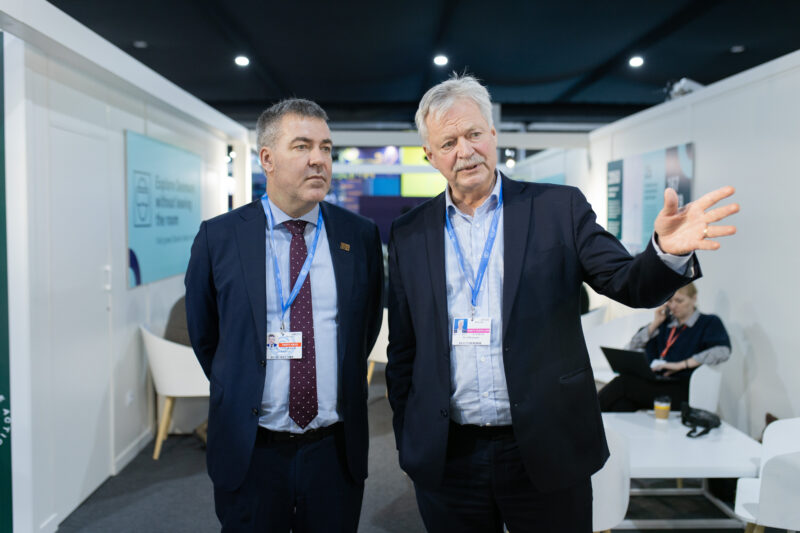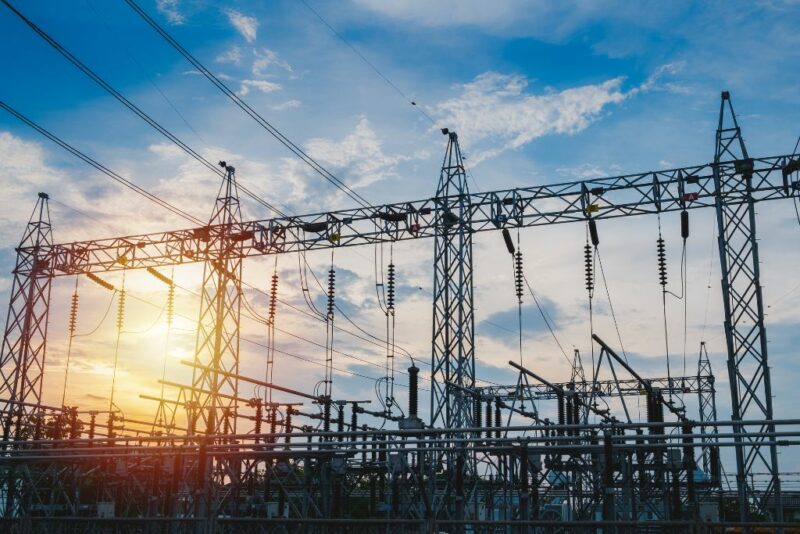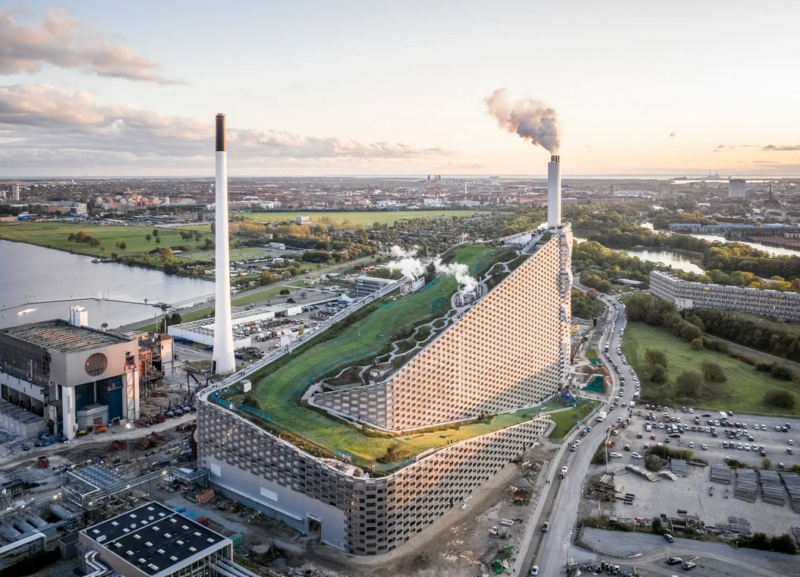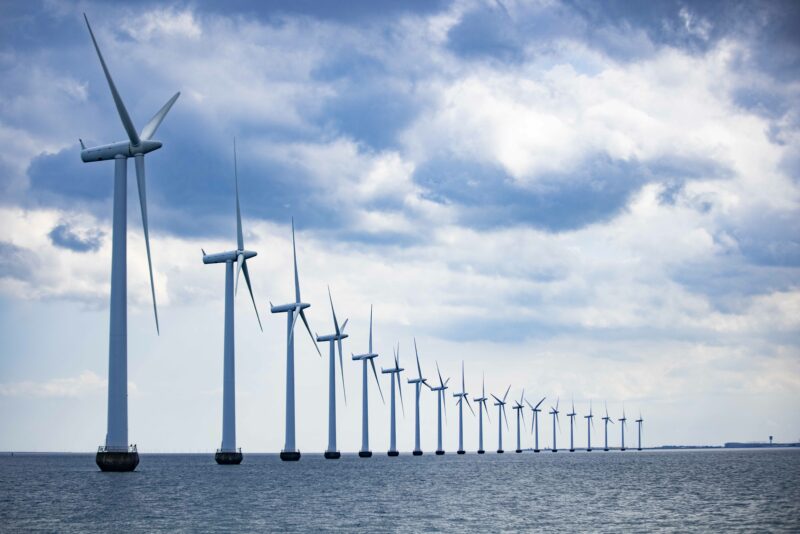News
New technology can halve agriculture’s climate impact and introduce greener air travel
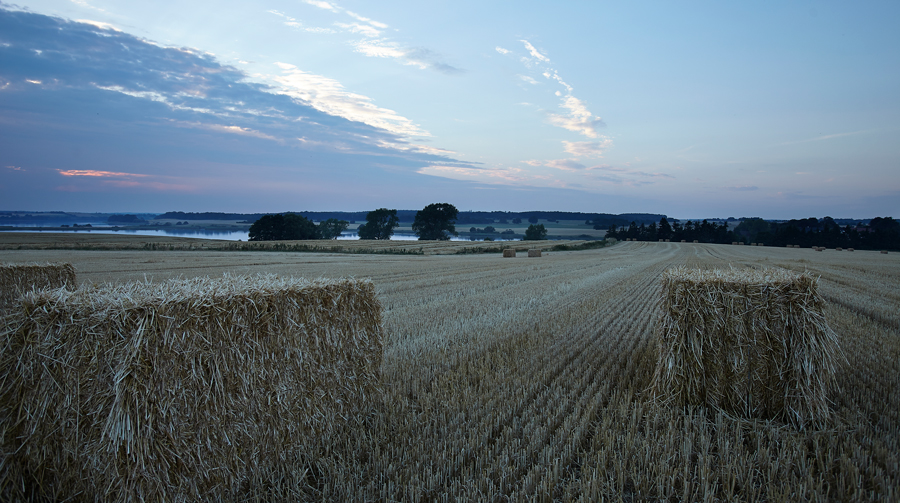

A new report from Ea Energy Analyses shows that the Danish technology "SkyClean" can deliver a large climate reduction, and the socioeconomic cost is lower than that of other climate technologies with a comparable potential.
"There is a very good rationale for storing CO2 and for producing green fuels with the SkyClean technology"
"Compared to other realistic alternatives, our report clearly shows that there is a very good rationale for storing CO2 and for producing green fuels with the SkyClean technology," said Hans Henrik Lindboe, Partner, Ea Energy Analyses.
The SkyClean technology is developed by the Danish cleantech inventor and wind energy pioneer Henrik Stiesdal, CEO of Stiesdal A/S. The technology uses straw and slurry from agriculture to produce climate neutral aviation fuel and to bind carbon in the soil.
-Related news: Stiesdal’s new concept aims to ensure clean jet fuel
How it works
Plants consist largely of carbon that they absorb in the form of CO2 from the atmosphere. As the plants grow in the spring, the CO2 content of the atmosphere decreases because part of the carbon is fixed in the plants. When the plants shed their leaves or die in the autumn, the plant material decomposes and the carbon is returned to the atmosphere as CO2. The same happens in agriculture when the straw is plowed down, and when biogas extracted from slurry is burned in engines or in gas furnaces.
-Related solution: One step closer to sustainable aviation fuel
With the SkyClean technology, we can avoid that the total amount of carbon from agricultural surplus straw and residual fibres from biogas plants return to the atmosphere as CO2. Instead, part of the carbon is converted to aviation fuel while the rest is permanently bound in the form of bio coal, which contributes to the carbon content in the agricultural soil instead of decomposing.
-Related news: Jet fuel from surplus straw could supply half of Danish aviation
"The straw and residual fibres are converted in a pyrolysis process where oil and gas are produced from about 50 per cent of the carbon. We have already come a long way with the development of the pyrolysis process and trials with bio coal production at the Technical University of Denmark’s campus at Risø," said Jesper Ahrenfeldt from the Department of Chemical Engineering.
Could be a serious ‘game changer’
SkyClean was launched in the early summer of 2019 together with the partners Danish Agriculture & Food Council, SEGES, the Technical University of Denmark, Aarhus University and Siemens Gamesa.
-Related news: Manure takes to the skies: Danish green aviation fuel can soon become reality
Stiesdal Fuel Technologies is now ready to build the first SkyClean pilot plant. The purpose of the pilot plant, which will have an output of 2 MW, is to refine the technology so that all elements in a series-produced plant can be tested.
"If all goes well, then next year we can start with a full-scale prototype of a series-produced plant with 10-40 MW power. And with a little luck, we can start delivering commercial plants in 2023," said Henrik Stiesdal.
Sources
Danish Agriculture & Food Council (in Danish)
Danish Agriculture & Food Council
Photo
Danish Agriculture & Food Council
You should consider reading
solutions
Combined heat and power production
+6
CopenHill: The story of the iconic waste-to-energy plant
20 November 2024solutions
Energy efficiency in buildings
+2
